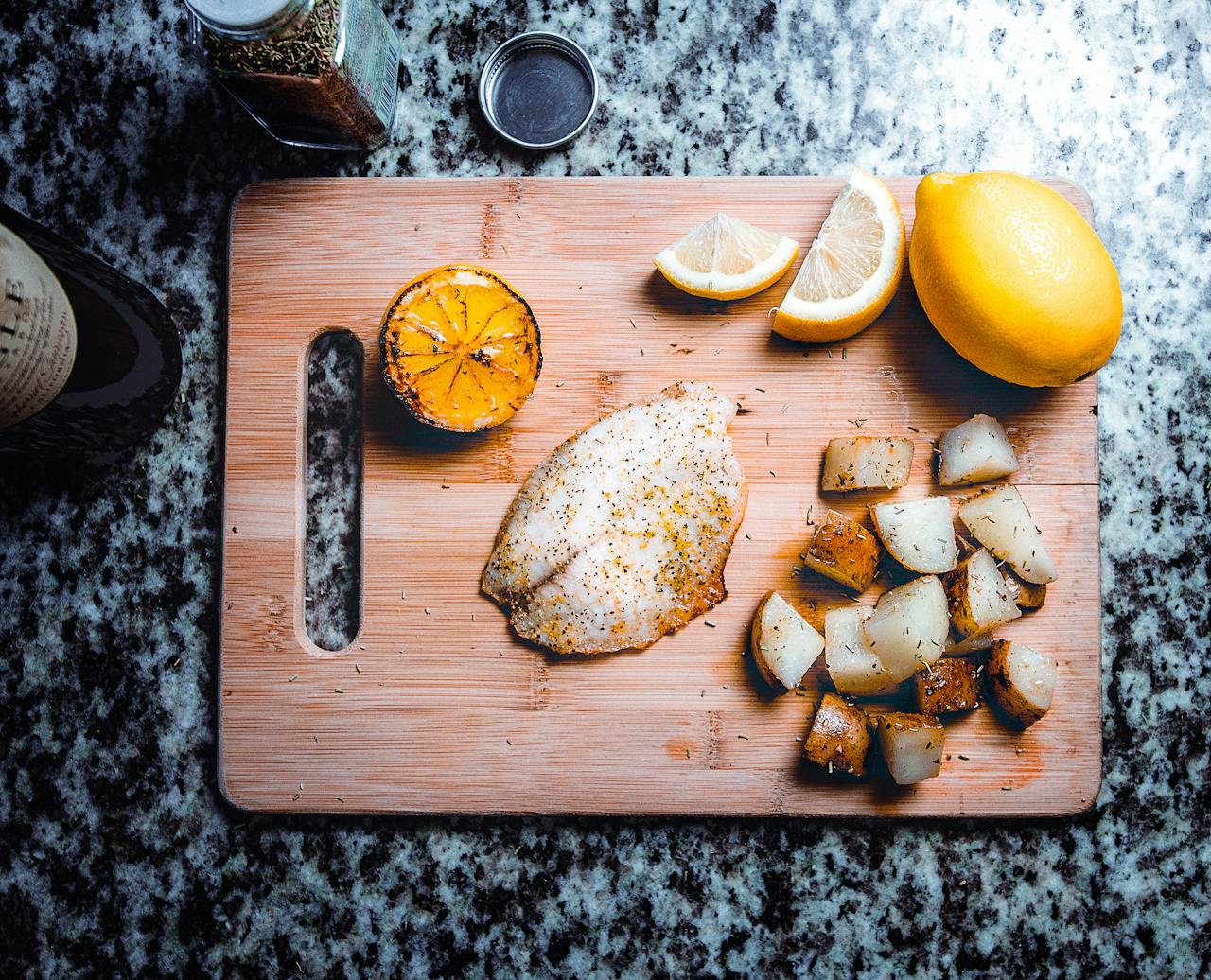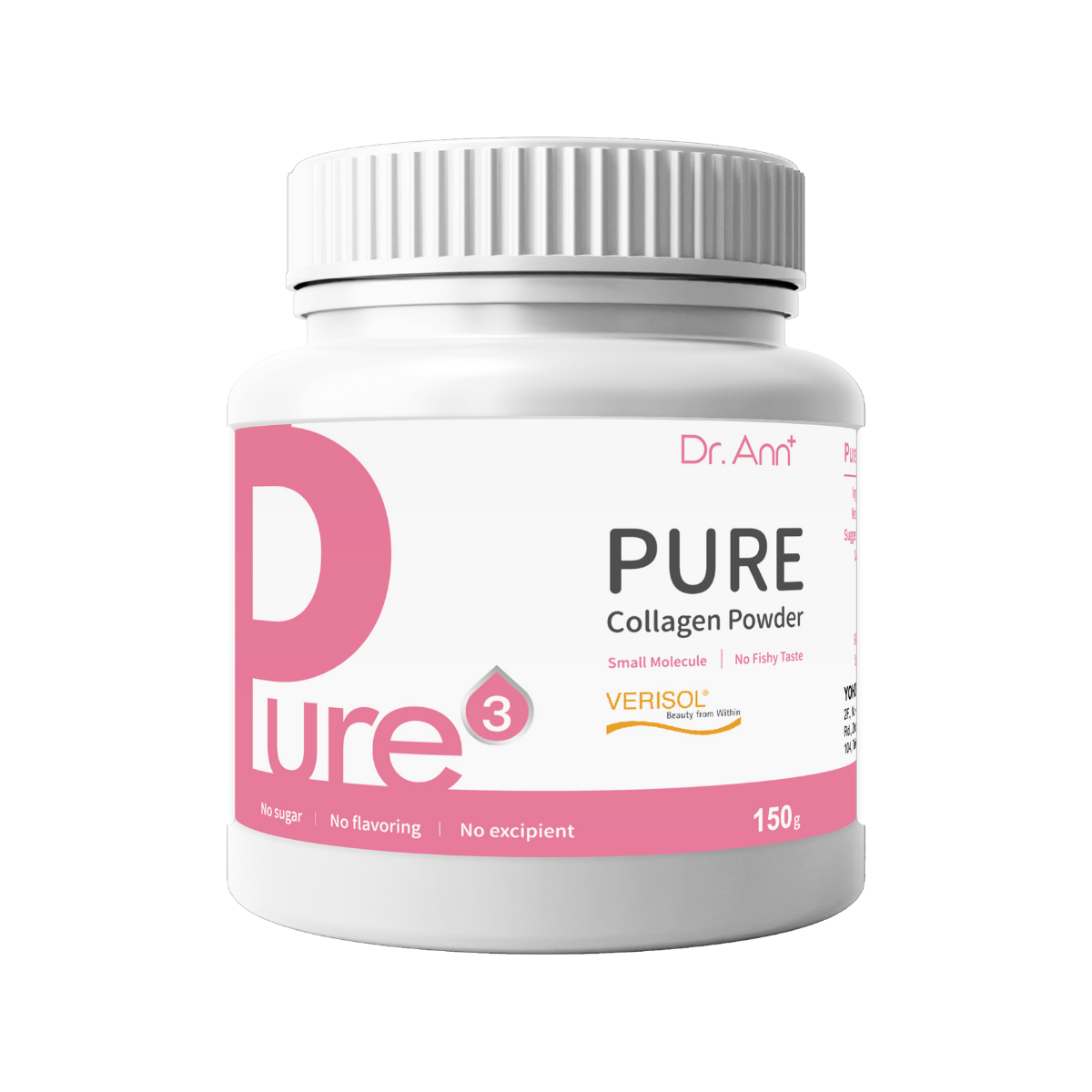Are you looking for ways to keep your skin glowing and your joints healthy? The secret might be in your food! In Malaysia, we have many delicious options that are rich in collagen or help our bodies make more of it. Let's explore the world of collagen food and how it can benefit you.
What is Collagen?
Collagen is the most common protein in our bodies. It's like the glue that holds us together! You can find it in our skin, bones, muscles, and joints. As we get older, our bodies make less collagen. This is why we get wrinkles and our joints might feel stiff.
But don't worry! Eating the right foods can help boost your collagen levels. This is where collagen food comes in handy.
Why is Collagen Food Important?
Collagen food can help:
- Keep your skin looking young and fresh
- Make your bones and joints stronger
- Improve your overall health
Now, let's look at the top 10 collagen foods you can easily find in Malaysia!
Top 10 Collagen Foods in Malaysia
1. Bone Broth (Sup Tulang)

Nutritional Value: Rich in collagen, amino acids, and minerals like calcium and magnesium.
Key Collagen Parts: Contains type I and type III collagen, which are great for skin, hair, and nails.
How to Eat:
- Enjoy as a soup on its own
- Use as a base for other soups or sauces
- Drink a small cup daily for best results
Tip: For maximum collagen, simmer bones for at least 8-12 hours.
2. Fish (Ikan)

Nutritional Value: High in protein, omega-3 fatty acids, and vitamins D and B12.
Key Collagen Parts: Marine collagen, mostly type I, which is easily absorbed by the body.
How to Eat:
- Ikan Tenggiri (Mackerel): Grill or use in curry
- Salmon: Bake, grill, or eat raw as sashimi
- Sardines: Eat whole in dishes like sambal ikan bilis
Tip: Eat the skin for extra collagen, and try to include fish in your diet 2-3 times a week.
3. Chicken (Ayam)

Nutritional Value: Good source of protein, vitamins B6 and B12, and minerals like zinc and iron.
Key Collagen Parts: Contains type II collagen, beneficial for joint health.
How to Eat:
- Use whole chicken in soups like ayam masak merah
- Enjoy chicken feet in dim sum dishes
- Make chicken stock from bones and cartilage
Tip: Don't discard the skin or bones – they're collagen-rich parts!
4. Egg Whites (Putih Telur)

Nutritional Value: High in protein, low in calories, contains all essential amino acids.
Key Collagen Parts: Rich in proline and glycine, amino acids crucial for collagen production.
How to Eat:
- Make a simple omelette
- Add to your nasi goreng
- Prepare egg white scramble for breakfast
Tip: While egg whites are great, don't completely avoid yolks as they contain other important nutrients.
5. Citrus Fruits (Buah Sitrus)

Nutritional Value: High in vitamin C, flavonoids, and other antioxidants.
Key Collagen Parts: Vitamin C is essential for collagen synthesis and protects existing collagen.
How to Eat:
- Squeeze calamansi lime into your teh o'
- Add sliced lime to your noodle soups
- Enjoy a fresh orange as a snack
Tip: Eat citrus fruits soon after cutting to get the most vitamin C.
6. Berries (Beri)

Nutritional Value: Rich in antioxidants, vitamin C, and fiber.
Key Collagen Parts: Antioxidants protect collagen from damage, while vitamin C aids in production.
How to Eat:
- Add to your morning cereal or yogurt
- Blend into smoothies
- Enjoy as a healthy snack
Tip: Mix different types of berries for a variety of nutrients.
7. Leafy Greens (Sayur-sayuran Hijau)

Nutritional Value: High in vitamins A, C, E, and K, as well as iron and calcium.
Key Collagen Parts: Chlorophyll may increase procollagen production in the skin.
How to Eat:
- Stir-fry kangkung with garlic
- Add spinach to your smoothies
- Use as a base for salads
Tip: Lightly cook greens to retain more nutrients, or eat them raw in salads.
8. Garlic (Bawang Putih)

Nutritional Value: Contains allicin, vitamin C, B6, and manganese.
Key Collagen Parts: Sulfur in garlic helps synthesize collagen and prevents its breakdown.
How to Eat:
- Use as a base for stir-fries and curries
- Roast whole garlic cloves
- Add minced garlic to salad dressings
Tip: Let crushed garlic sit for a few minutes before cooking to enhance its health benefits.
9. Oysters (Tiram)

Nutritional Value: Extremely high in zinc, also contains vitamin B12, iron, and selenium.
Key Collagen Parts: Zinc is crucial for collagen synthesis and repair.
How to Eat:
- Enjoy raw with a squeeze of lemon
- Grill with garlic butter
- Add to soups or stews
Tip: Even eating oysters once a month can significantly boost your zinc intake.
10. Ikan Bilis (Anchovies)

Nutritional Value: High in calcium, iron, and omega-3 fatty acids.
Key Collagen Parts: Collagen from fish bones and skin, plus calcium that supports collagen structure.
How to Eat:
- Add to your nasi lemak
- Make sambal ikan bilis
- Use as a topping for congee
Tip: Eat the whole fish, including bones, for maximum collagen and calcium benefits.
Collagen-Boosting Nutrients
Besides eating foods with collagen, you can also eat foods that help your body make more collagen. Here are some important nutrients:
- Vitamin C: Found in citrus fruits, berries, and leafy greens
- Protein: Found in fish, chicken, and eggs
- Zinc: Found in oysters and nuts
- Copper: Found in nuts and seeds
By eating a mix of these foods, you can help your body make more collagen.
Collagen-Rich Dishes from Around the World
Collagen food isn't just found in Malaysia. Here are some dishes from other countries that are also good for collagen:
- Japanese ramen: The broth is often rich in collagen
- Greek grilled fish: The crispy skin is full of collagen
- Italian tomato salad: Tomatoes have vitamin C, which helps make collagen
How to Add Collagen Food to Your Daily Meals
Here are some ideas to help you eat more collagen food:
- Breakfast: Have bubur ayam instead of nasi lemak
- Lunch: Try a salad with grilled fish and a sprinkle of ikan bilis
- Dinner: Enjoy a bowl of sup tulang
- Snacks: Munch on some nuts or berries
Collagen Food vs. Supplements
While collagen-rich foods are beneficial, collagen supplements can be more helpful for several reasons:
- Higher concentration: Supplements provide a concentrated dose of collagen, which may be difficult to achieve through diet alone.
- Specific types: Supplements often contain targeted collagen types (like type I or II) for specific health goals.
- Better absorption: Many supplements use hydrolyzed collagen, which is easier for your body to absorb.
- Convenience: It's simpler to take a daily supplement than to consistently eat a variety of collagen-rich foods.
- Measurable intake: Supplements allow you to track your exact collagen consumption.
- Purity: High-quality supplements are free from contaminants that may be present in some food sources.
While both food and supplements have their place, supplements can offer a more efficient and targeted approach to increasing your collagen intake.
Taking Care of Your Collagen
Eating collagen food is great, but there are other things you can do to keep your collagen healthy:
- Protect your skin from the sun: Use sunscreen or wear a hat when you go out
- Drink plenty of water: This helps keep your skin healthy
- Get enough sleep: Your body makes collagen when you sleep
- Manage stress: Too much stress can damage collagen
- Exercise regularly: This helps your body make more collagen
Common Myths About Collagen Food
There are some wrong ideas about collagen food. Let's clear them up:
Myth: Only animal foods have collagen
Truth: Plant foods can help your body make collagen too
Myth: Young people don't need to worry about collagen
Truth: It's good to start taking care of your collagen early
Myth: Collagen creams are as good as eating collagen food
Truth: Eating collagen food is usually more effective
Conclusion
Collagen food is a tasty way to keep your skin glowing and your body healthy. In Malaysia, we're lucky to have many delicious options that are good for collagen. From sup tulang to ikan bilis, there are plenty of ways to add collagen food to your meals.
Remember, taking care of your collagen isn't just about what you eat. Protecting your skin from the sun, getting enough sleep, and staying active are all important too.
So, the next time you sit down for a meal, think about how you can add some collagen-boosting foods to your plate. Your skin and body will thank you!
Start your collagen food journey today and enjoy the benefits of this amazing protein. Here's to healthy, glowing skin and a stronger body!
Pure Collagen nourishing essence
- 7-Day Trial: Nutritional Boost
- 28-Day Commitment: Beauty and Radiance
- Long-Term Use: Youthful and Beautiful
- Pure Collagen Concentrate
- Rejuvenate and Lock in Youth
- 100% Hydrolyzed Collagen
- No Additives
References:
- Rebekah D Alcock, Gregory C Shaw, Louise M Burke .(2018). Bone Broth Unlikely to Provide Reliable Concentrations of Collagen Precursors Compared With Supplemental Sources of Collagen Used in Collagen Research
- Szu-Yu Pu, Ya-Li Huang, Chi-Ming Pu, Yi-No Kang, Khanh Dinh Hoang, Kee-Hsin Chen, and Chiehfeng Chen .(2023). Effects of Oral Collagen for Skin Anti-Aging: A Systematic Review and Meta-Analysis
- Nicholas N. DePhillipo, MS, ATC, CSCS, Zachary S. Aman, BA, Mitchell I. Kennedy, BS, J.P. Begley, MD, Gilbert Moatshe, MD, PhD, and Robert F. LaPrade, MD, PhD .(2018). Efficacy of Vitamin C Supplementation on Collagen Synthesis and Oxidative Stress After Musculoskeletal Injuries: A Systematic Review






